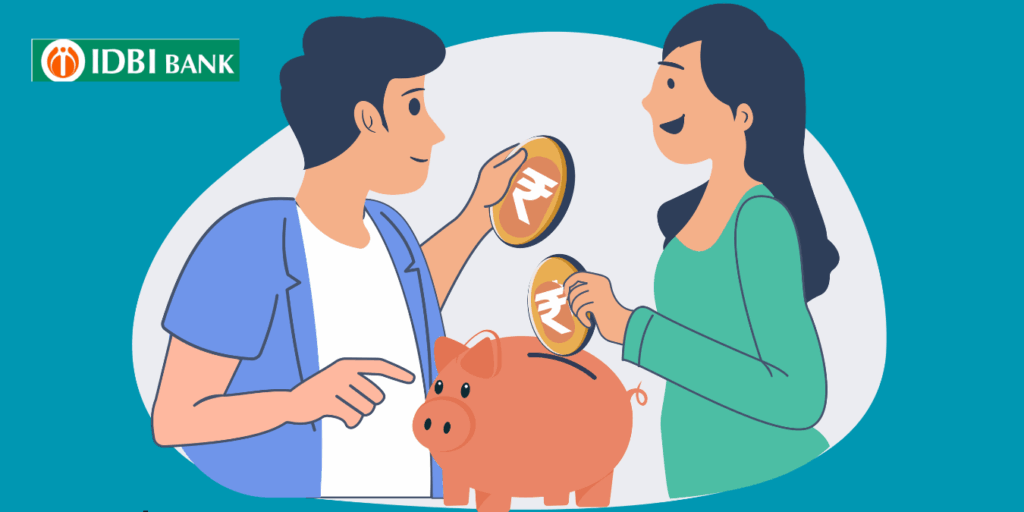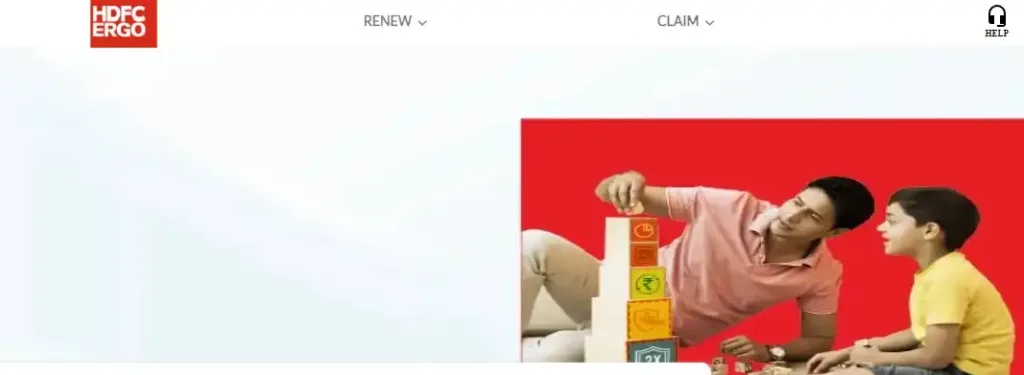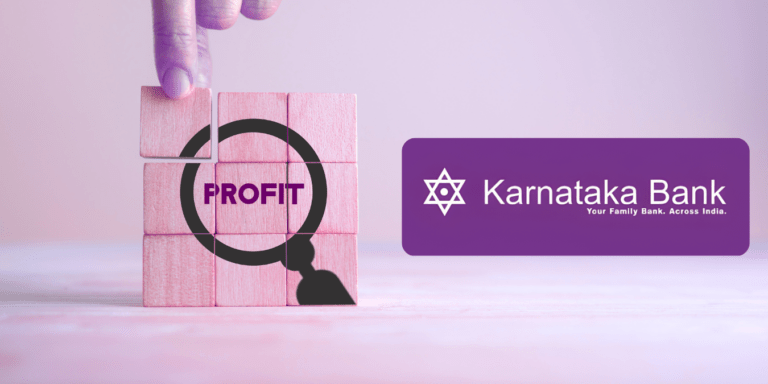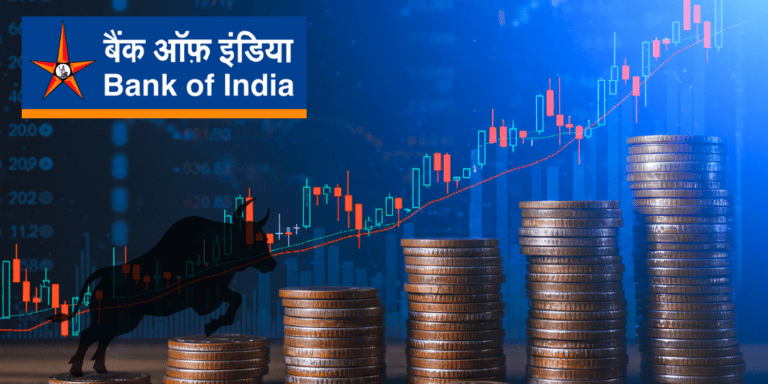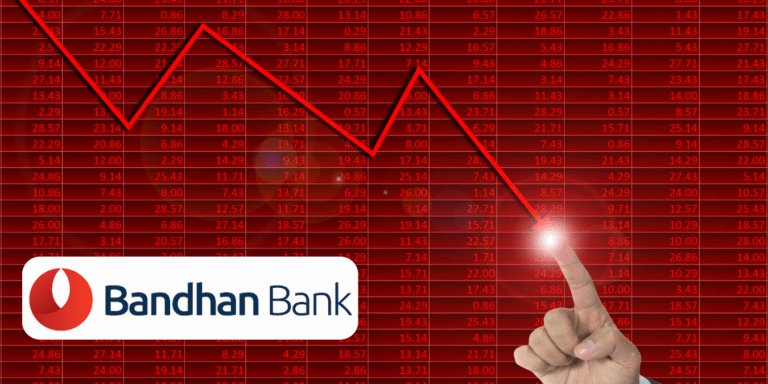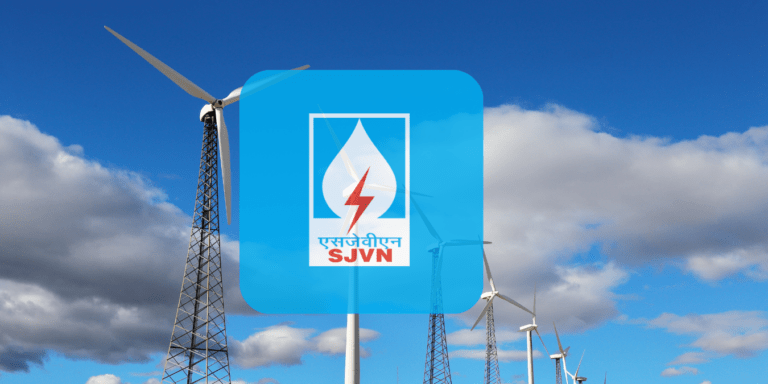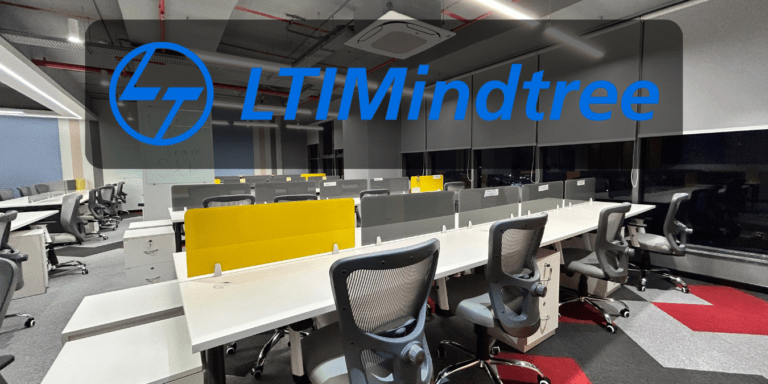
The Story Behind Kotak & Federal Banks' Chase for Deutsche Bank’s India Retail Portfolio: What’s Really at Stake in 2025?
Unlock the surprising power shift in Indian retail banking as Kotak Mahindra Bank and Federal Bank move to acquire Deutsche Bank’s India portfolio. What does this mean for market share, customer trust, and the future of retail banking in 2025? Discover the hidden stakes behind this high-profile deal now!
The news that two of India’s rising banking stars, Kotak Mahindra Bank and Federal Bank, are locked in serious talks to purchase the Indian retail and wealth portfolio of a global giant, Deutsche Bank . What does this mean for the Indian banking landscape? More importantly, why does it matter to you as a customer, investor, or industry watcher? The answer is surprisingly complex, loaded with hidden opportunities and risks – and this story is far from over.
Why Is Deutsche Bank Selling Its India Retail Business?
Deutsche Bank’s decision to sell its India retail and wealth portfolios is not just a routine business exit but part of a massive global reshuffle. Under CEO Christian Sewing’s leadership, Deutsche Bank aims to become leaner and more profitable by 2028, with ambitious targets such as increasing revenue from €32 billion to €37 billion while reducing its cost-to-income ratio below 60% from the current 63%. Selling its retail business in India—a market where it once saw potential—allows Deutsche to refocus on its core strengths: institutional and corporate banking.
Though Deutsche Bank’s Indian retail operations have shown strong performance, boasting revenue of roughly $278.3 million in FY25 and a 55% profit increase to Rs 3,070 crore, the bank sees more value in redeploying capital elsewhere. This move aligns with a strategic shift to emphasize asset-light businesses like advisory services, payments, and institutional services.
What Exactly Is on the Table for Kotak and Federal Bank?
The portfolio up for grabs includes Deutsche Bank’s roughly 17 retail branches in India, along with a retail book comprising personal loans, a slice of mortgage accounts, and an affluent wealth management client base managing assets over Rs 25,000 crore (approximately $3 billion).
For Kotak and Federal Bank, acquiring this portfolio means much more than just numbers on a balance sheet. It offers a rapid entry to thousands of new customers, immediate access to affluent clients, and a fee income stream without the long wait for organic growth. The strategic benefits are clear:
- Instant Scale: Buy existing deposits and loans, creating immediate growth in market share.
- Wealth Management Boost: Gain a ready platform and high-net-worth clients to cross-sell investment and loan products.
- Cross-Selling Opportunities: Credit cards, personal loans, and investment products across an expanded client base.
- Tech & Talent Expansion: Potential integration of Deutsche Bank’s staff, technology, and branch network can strengthen operational capabilities.
However, these benefits come with significant challenges, including:
- Valuation and Price Risk: Both buyers and sellers need to agree on an asset valuation that justifies the premium for goodwill and client acquisition.
- Legacy Credit Quality: There could be hidden bad loans or stressed assets that impair future profitability.
- Client Retention: Maintaining Deutsche Bank’s clients through the transition is critical but uncertain.
- Cultural and Tech Integration: Assimilating different banking cultures, systems, and processes requires strategic finesse.
- Regulatory Approvals: The Reserve Bank of India (RBI) will closely scrutinize the deal, potentially imposing conditions affecting timelines and deal structure.
The Impact of this Acquisition on Indian Retail Banking Market Share
The acquisition of Deutsche Bank’s India retail portfolio by Kotak Mahindra Bank and Federal Bank is expected to have a meaningful impact on the Indian retail banking market share in 2025 and beyond. Here's an analysis based on current market data and competitive positioning:
Current Market Landscape of Indian Retail Banking
- India’s retail banking market is projected to reach over $158 billion in 2025 with a steady CAGR of around 7% leading into 2030, driven by urbanization, digital adoption, government initiatives, and rising disposable incomes.
- Major players include HDFC Bank, ICICI Bank, State Bank of India (SBI), Kotak Mahindra Bank, and Federal Bank among private and public sector institutions.
- Kotak Mahindra Bank currently ranks 4th in both deposit and gross advances market share in the private banking segment, holding strong positions in wealth management and retail loans.
- Federal Bank, smaller in scale, holds significant market share particularly in Kerala and its retail advances and deposits have been growing steadily with a focus on niche segments.
Impact on Market Shares Through the Deutsche Bank Portfolio
- Deutsche Bank's retail portfolio in India—while relatively small with 17 branches—carries approximately $278 million in annual revenue and Rs 25,000 crore in assets under management, including prized affluent clients.
- By acquiring this portfolio, Kotak Mahindra Bank could see an immediate boost in its retail and wealth management market share, increasing its pool of retail deposits, loan books, and fee-based income streams.
- Federal Bank stands to rapidly increase its retail footprint beyond Kerala, acquiring affluent clients and increasing its asset base significantly.
- Though precise market share percentages for the acquired Deutsche portfolio are not publicly detailed, estimates suggest a meaningful percentage point gain in retail deposits and loans for both acquirers relative to their existing sizes.
- This acquisition represents a consolidation trend that could marginally reduce foreign bank presence in India’s retail segment, shifting market dynamics towards larger private Indian banks like Kotak and Federal.
Strategic and Competitive Implications
- The deal accelerates Kotak’s and Federal's strategy of buying growth rather than waiting for organic expansion, key in a competitive market growing at a moderate pace.
- Deutsche Bank’s exit also signals challenges foreign banks face in India's retail market dominated by domestic players with deeper networks and tailored offerings.
- Increased scale through acquisition can improve operational efficiencies, cross-selling opportunities, and customer retention for Kotak and Federal.
- Regulatory and integration risks remain, and the long-term market share impact will depend on execution and customer migration post-sale.
Summary Table: Market Position Impact (Indicative)
| Bank | Approx. Retail Market Share Pre-Acquisition | Impact from Deutsche Bank Portfolio | Expected Movement in Market Share |
| Kotak Mahindra Bank | Approx. 4th largest in retail segment | Increases affluent customer base, deposits, loans | Moderate upward bump |
| Federal Bank | Regional/niche stronghold, smaller scale | Gain in affluent clients and retail portfolio beyond Kerala | Significant percentage gain |
| Deutsche Bank | Small, niche foreign bank presence | Exit from retail banking | Market share drops to zero |
What This Means for the Indian Retail Banking Space
- The acquisition will likely consolidate the retail banking market, strengthening Kotak Mahindra Bank and Federal Bank’s positions and reducing foreign competition.
- Customers of Deutsche Bank will see a shift to Indian players with potentially broader service offerings but may experience transition challenges.
- Investors and market watchers should monitor post-deal integration and customer retention to gauge the real impact on retail banking profitability and market share.
- This deal highlights a critical market trend: domestic banks absorbing smaller, specialized foreign books to achieve scale and diversify customer mix in a slowly maturing retail banking market.
In sum, the Kotak Mahindra Bank and Federal Bank acquisition of Deutsche Bank's India retail portfolio will moderately but meaningfully boost their retail banking market share, positioning them better against entrenched rivals in a competitive but growing Indian financial ecosystem of 2025 and beyond.
What This Means for Investors and Customers in 2025
The acquisition, if it proceeds, will reshape India’s retail banking and wealth management markets. For existing customers of Deutsche Bank in India, change is imminent—what is uncertain is how seamless it will be. Both Kotak and Federal Bank will need to earn trust quickly and manage a smooth transition to keep the customer base intact.
For investors, key metrics to watch post-announcement will include how much of the loan and deposit books actually transfer, the change in loan-to-deposit ratios for the acquiring banks, and the assets under management (AUM) acquired, as these will impact recurring fee income and profitability.
Kotak Mahindra Bank, known for its strong private banking franchise, could use this acquisition to secure a bigger foothold in India’s lucrative wealth segment. Federal Bank, smaller but increasingly focused on retail growth, stands to gain by adding affluent clients and diversifying its assets.
Why This Matters to You Now
In a time of economic uncertainty and rapid market changes, the banking sector’s moves can create opportunities and risks for the average Indian. Are you a customer wondering if your loan terms might change? An investor weighing fresh growth stories in financial stocks? Or a banking professional observing how these shifts could affect the competition? This deal highlights the urgency of understanding who controls your financial relationships and how these giants position themselves for the future.
Actionable Takeaways for Stakeholders
- Customers of Deutsche Bank India: Stay updated on communications from your bank. Changes in servicing, products, or account management could come rapidly after the deal closes.
- Shareholders of Kotak and Federal Bank: Monitor official disclosures and regulatory updates closely, particularly focusing on the integration costs and the impact on earnings per share (EPS) and return on assets (ROA).
- Industry Analysts & Investors: Watch for the deal’s final valuation and loan book quality. Successful integration could set a precedent for similar portfolio acquisitions in India’s growing banking sector.
- Regulators and Policymakers: This deal tests the effectiveness of oversight on portfolio transfers and client protections in large banking mergers/acquisitions.
What Lies Ahead? A Teaser You Can’t Miss
As negotiation talks unfold with investors and regulators closely monitoring every step, the coming months could see a landmark deal that redefines wealth and retail banking in India. Will Kotak or Federal Bank emerge as the dominant force to absorb Deutsche Bank’s legacy? Could this trigger a wave of portfolio sales and consolidations across India’s banking sector? The answer is unfolding—and it promises sweeping implications not just for banks but for every Indian connected to financial services.
Disclaimer: The use of any third-party business logos in this content is for informational purposes only and does not imply endorsement or affiliation. All logos are the property of their respective owners, and their use complies with fair use guidelines. For official information, refer to the respective company’s website.













